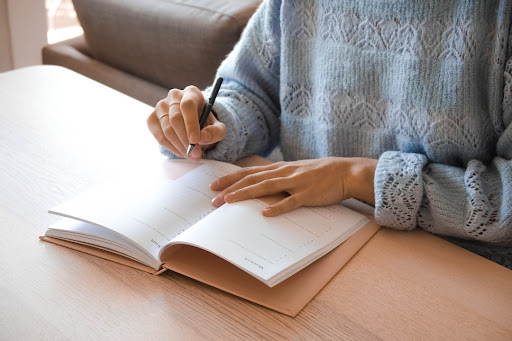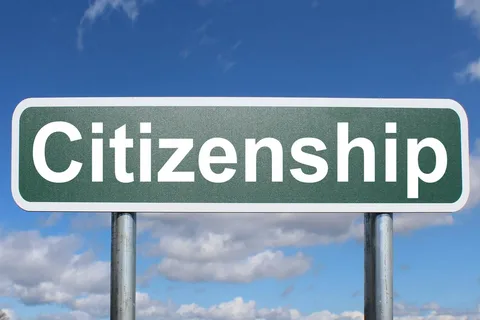Getting into a car wreck can be extremely stressful, especially if you’re liable for the accident in whole or in part. The next steps you take after your accident will depend on the type of insurance you have, where you live, and how liable you are for the incident.
In some cases, the victim(s) of the accident can take the party accountable for the wreck to court. A qualified attorney can assist you if you’re getting sued after a car accident. You may feel that you won’t receive a settlement if you are responsible for the accident, but this may not be entirely true. Here are some things you need to know to resolve this serious matter.
What If the Accident was Your Fault?
The way your case will be handled depends on whether you live in a fault or no-fault state. In a fault state, the individual liable for the accident must pay for the damages connected to anyone who was directly affected by the accident. In a no-fault state, every individual’s car insurance will cover the damages caused by the wreck.
Most states, including Georgia, are “fault” states, which means you’ll be liable for damages if the accident is your fault. However, if you get into an accident in a no-fault state but you reside in a “fault” state, you or your insurer will have to pay for the other drivers’ injuries and damages.
Which Damages are Covered?
If you’re liable in a personal injury case, you’ll have to pay for “damages.” This is the term used to describe the losses resulting from the wreck. Damages can include actual vehicle damage, medical bills, lost wages, loss of earning potential, and pain and suffering. You may also be responsible for covering the cost of any prescription medications the victim must take to manage post-accident injuries.
Most of the time, you won’t have to pay for the damages out of your own personal funds unless they are more than your insurance limits. If the victim sues you for more money than your insurer is willing to pay, you could be liable for paying the difference. This is common in cases that involve extremely serious or fatal car accidents. However, most insurance companies would prefer to reach a settlement out of court.
Damages to Your Vehicle
Your insurance policy should cover the cost of the damages the other drivers sustained if you’re responsible for an accident. However, you may need to find a way to repair your own vehicle as well.
If you have collision coverage, the cost of repairing your vehicle should be covered in your policy. However, keep in mind that you’ll still have to pay your deductible.
If you’re involved in a car accident, call 911 as soon as possible. Stay at the accident scene until the police arrive and document as many details as you can about the accident with pictures, recorded statements, videos, and written descriptions. Speak to a qualified car accident attorney right away. Your lawyer can show you the best way to present your evidence in court so you can receive a fair settlement even if you were at fault for your accident.




